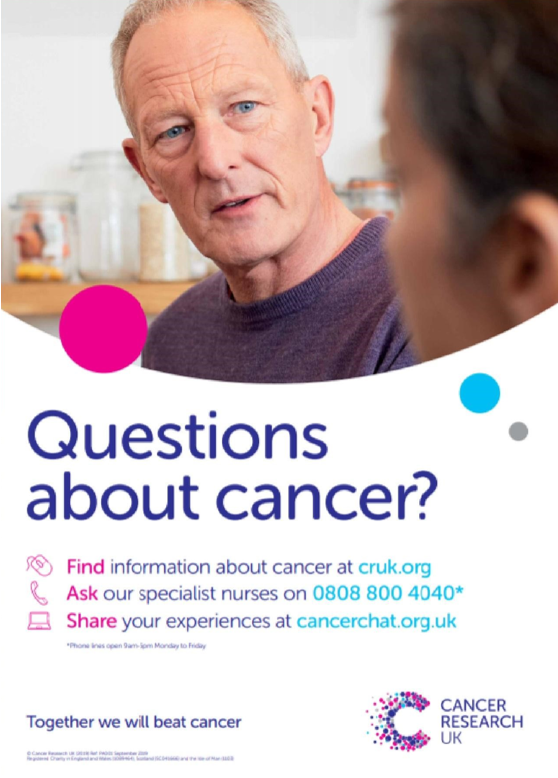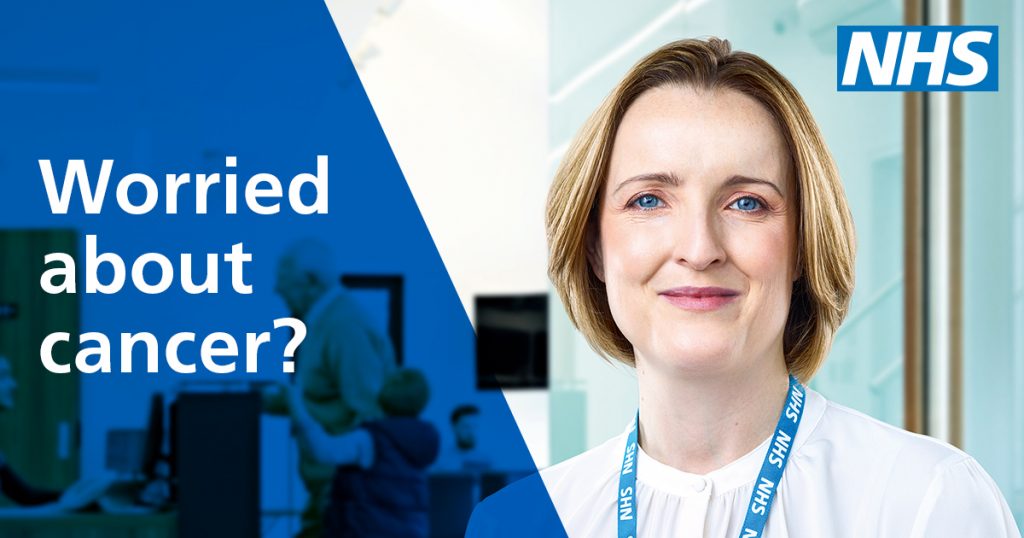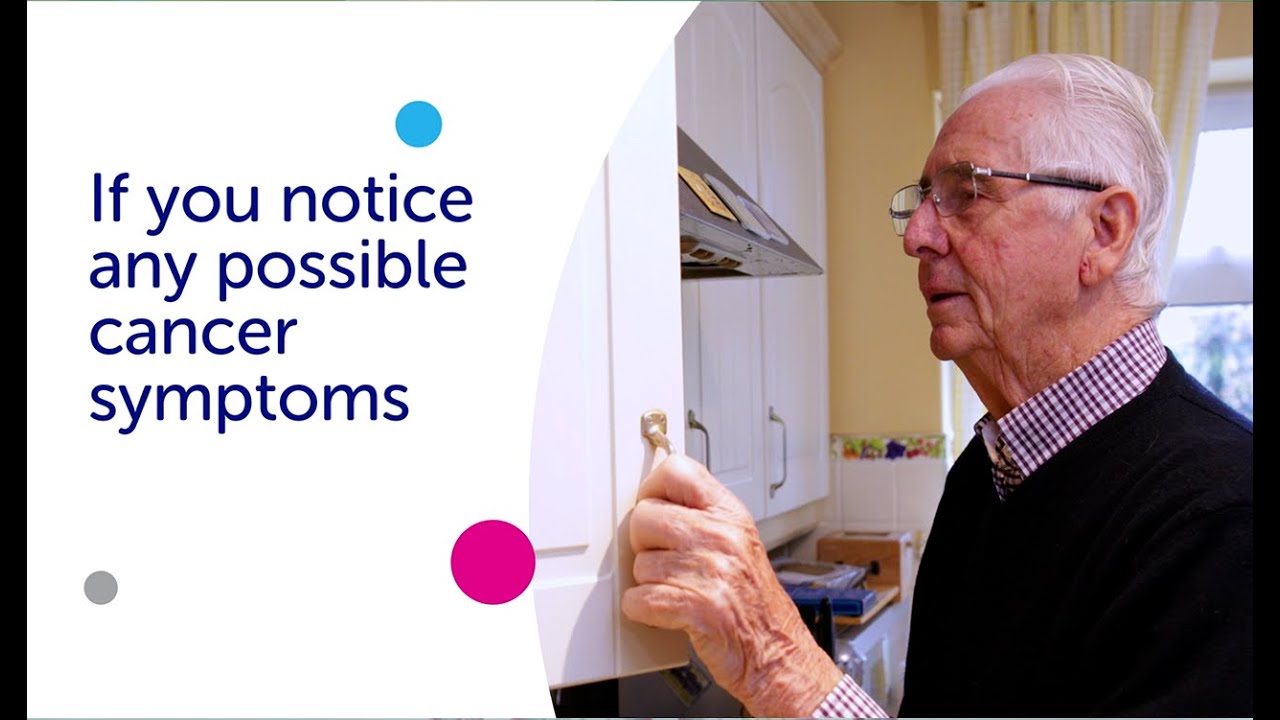Sorry, we're currently closed. Please call NHS 111

Local Pharmacy Opening Hours Patients with Long-Term Conditions Cost of Living Support Scarlet Fever Outbreak Stay Well This Winter Flu Vaccinations Why Are GP Practices Working Differently? YOUSCREEN Cervical Screening Study Covid Vaccination Update
Cervical Screening
Jo’s Trust Cervical Cancer Trust
About cervical screening
Cervical screening is a free health test that helps prevent cervical cancer. It checks for a virus called high-risk human papillomavirus (HPV) and, if you have HPV, cervical cell changes (abnormal cells).
What is cervical screening?
Cervical screening is a free health test available on the NHS as part of the national cervical screening programme. It helps prevent cervical cancer by checking for a virus called high-risk HPV and cervical cell changes. It is not a test for cancer.
It is your choice whether to go for cervical screening. We hope this information helps you make the best decision for you and your health.
If you have symptoms, contact your GP surgery about having an examination. Cervical screening is not for people who have symptoms.
Who is invited for cervical screening?
You should be invited for cervical screening if you have a cervix. Women are usually born with a cervix. Trans men, non-binary and intersex people may also have one.
In the UK, you are automatically invited for cervical screening if you are:
- between the ages of 25 to 64
- registered as female with a GP surgery.
You may get your first invite up to 6 months before you turn 25. You can book an appointment as soon as you get the invite.
How often will I be invited for cervical screening?
Your cervical screening result will help decide when you are next invited for cervical screening.
You may be invited:
- every year
- every 3 years
- every 5 years
- straight to colposcopy for more tests
Human Papillomavirus (HPV)
Human papillomavirus (HPV) is a common virus that 8 in 10 people will get. It usually goes away without causing any problems.
What is HPV?
HPV is the name of a common virus. It infects the skin and any moist membrane (mucosa), such as:
- the cervix
- the lining of the mouth and throat
- the vagina, vulva and anus (back passage).
HPV is usually passed on through sexual contact, which can make some people feel worried or embarrassed. But it is nothing to be ashamed of. Because HPV lives on our skin, it is easy to get and difficult to completely protect against. At some point during our lives, 8 in 10 men and women will get HPV. In most cases, your immune system will get rid of HPV without it causing any problems.
Types of HPV
We know of over 200 types of HPV. Each type has a number and different types affect different parts of the body.
HPV types are usually split into:
- low-risk HPV
- high-risk HPV
Low-risk HPV may not cause any problems or cause minor conditions like warts on your hands and feet, and genital warts. Most HPV types are low risk.
High-risk HPV is linked to some cancers. It is important to remember that if you have any type of HPV, including high-risk HPV, your body will usually get rid of it without any problems.
Genital HPV
About 40 HPV types affect the genital areas of men and women, including the:
- cervix
- anus
- vagina
- skin of the penis
- vulva and perennial skin (area outside the vagina, including the labia and the area between the opening of the vagina and anus).
HPV and cancer
About 13 HPV types are linked to cancer. These types are called high-risk HPV.
Having high-risk HPV does not mean you will get cancer. Like other HPV types, in most people high-risk HPV goes away without causing any problems.
HPV symptoms
HPV has no symptoms, which means that many people may have had HPV without knowing. This can sound worrying, but remember that HPV usually goes away by itself, without causing any problems.
In England, Scotland and Wales, cervical screening (a smear test) now tests for high-risk HPV first, so anyone who has it can get the right care. Northern Ireland will be switching to this test in the future.
HPV treatment
There is no treatment for HPV itself. But there are treatments for conditions caused by HPV, including genital warts, cervical cell changes and cancer.
More information and support about HPV
HPV can be a really confusing topic, so you are not alone if you feel worried or unsure about it. If you have general questions about HPV, we can help:
- For emotional support, call our free Helpline on 0808 802 8000
- If you have a medical question, you can submit it to our panel of experts. Please note that our experts cannot give advice on your individual situation as they are not your doctor.
Visit Jo’s Trust Cervical Cancer Trust for more information and suppport
https://www.jostrust.org.uk/information/cervical-screening
Opening Times
- Monday
08:00am to 06:30pm - Tuesday
08:00am to 06:30pm - Wednesday
08:00am to 12:30pm
02:00pm to 06:30pm - Thursday
08:00am to 06:30pm - Friday
08:00am to 06:30pm - Saturday
CLOSED - Sunday
CLOSED








